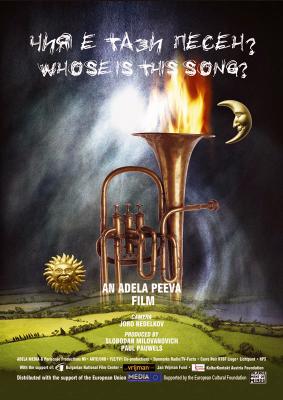MEDLI: the Middle Eastern & Mediterranean Language Institute at UW-Madison. For Summer 2023, we have additional FLAS funding opportunities and spaces available on our Turkish programs at all levels, in case any of your students are in need of funding or summer Turkish language options at a specific level.
Also, if you have any students interested in learning Modern Hebrew at the Elementary Level this summer, we are offering students an automatic 50% tuition remission for that program.
Apply Here:
https://medli.wisc.edu/application/
For more information contact us at medli@lpo.wisc.edu










